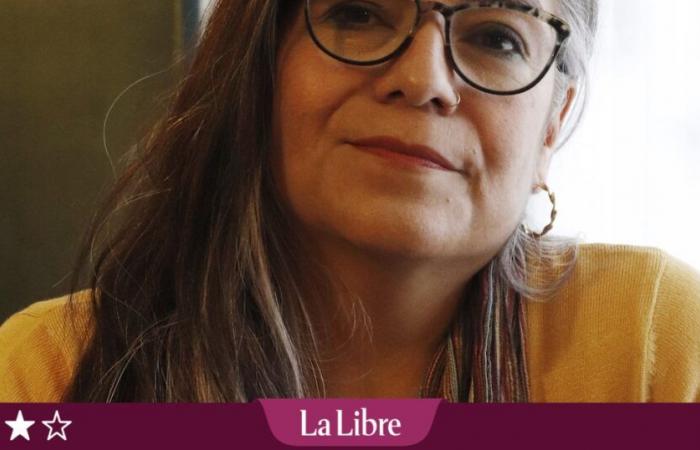Extensive investigation
What happened? This is what Sylvia Aguilar Zélény (Hermosillo, Mexico, 1973) tries to reconstruct in this impressive story, her second translated in France after Garbage can. In the second of the four parts of the story, the writer leads the investigation, questions close entourage (father, mother, grandmothers, brothers) and more distant ones (best friend, ex-boyfriend, former landlady, her boyfriend at she the author). Each of these interviews begins with “what says”. Sylvia Aguilar Zélény also consults the Internet, books, a magazine, and objects that belonged to her sister, 15 years her senior. “My sister learned to drive when I was just abandoning my tricycle.” In the “Patricia’s Things” box that she searches at night, out of sight of her parents, she discovers music cassettes (Kate Bush, The Police, etc.), numerous photos as well as a copy of Our bodies, our lives in which the naked bodies of women are completely erased.
Who are the women who convert to Islam?
In our eyes as Europeans, examples of families shaken by the conversion of one of their own (son, daughter, brother or sister, for example) are not seen as exceptional, as in Mexico. This is undoubtedly why Sylvia Aguilar Zéleny provides a remarkable perspective on the subject, far from any bias. Each of the speakers has their own voice; as for the facts, they are crude while still being blatantly true. This is the power of the choral romance that the testimony of Sayeb’s sister only reinforces. Aïcha-Patricia sometimes writes or calls her parents and the news is far from good.
While looking for Patricia, Sylvia found herself. “Life, like books, cannot be invented, it is discovered by writing itself and I want to discover who I am in this story, in my story.”
In the beginning, we can read this sentence from the Argentine writer and screenwriter Ricardo Piglia, “No one has ever made good literature with family stories”. Aisha’s book directly contradicts this idea.
⇒ Aisha’s book | Novel | Sylvia Aguilar Zéleny, translated from Spanish (Mexico) by Julia Chardavoine | The Noise of the World, 208 pp., €21
EXTRACT
“She explains that her husband is good, really good. That he has changed. He lets her go to the park with the kids and to the mall on Sundays. He even lets her drive from time to time. Even.“






